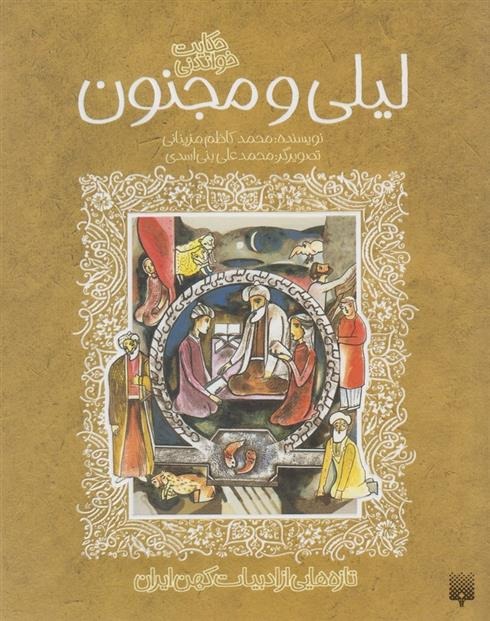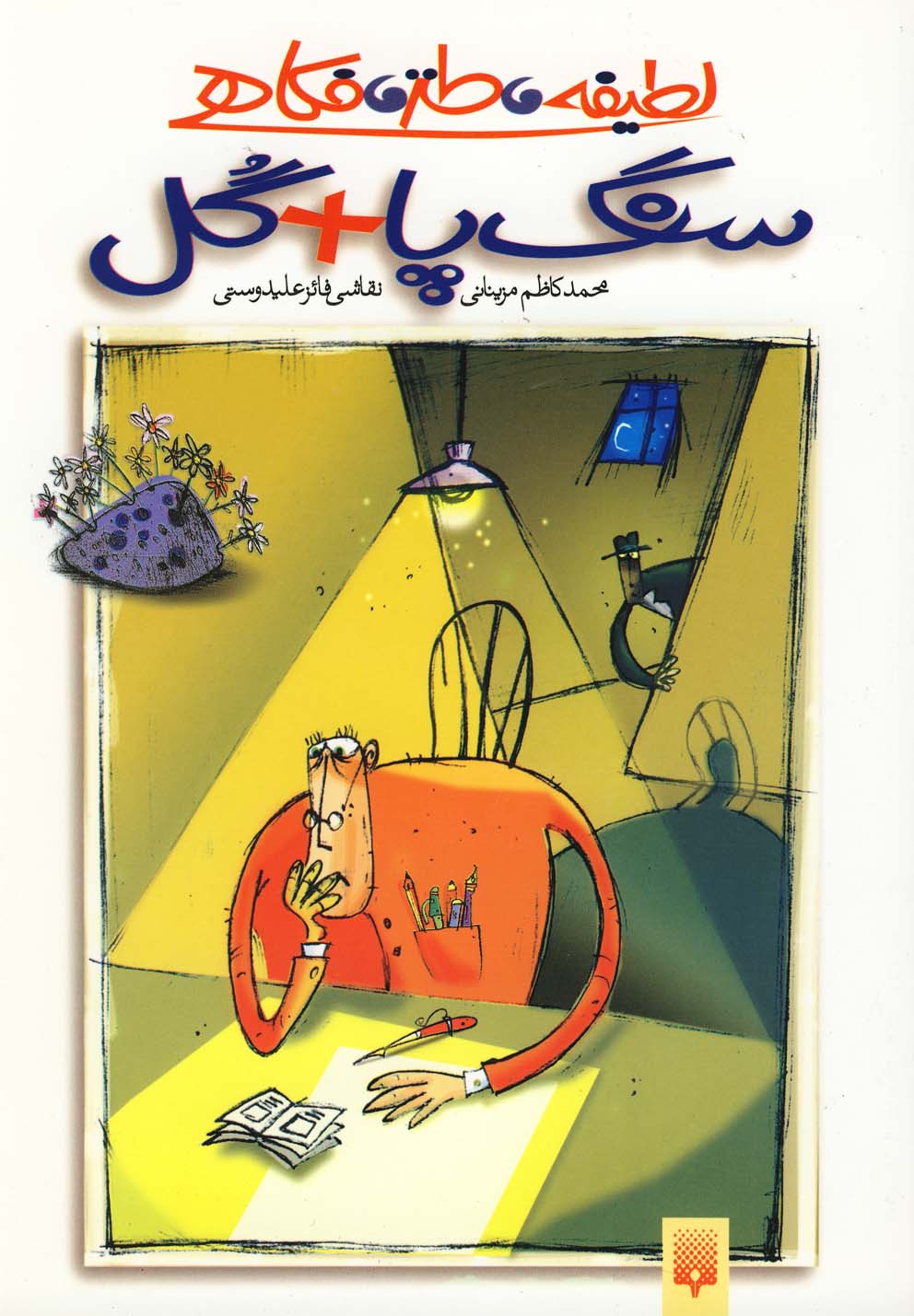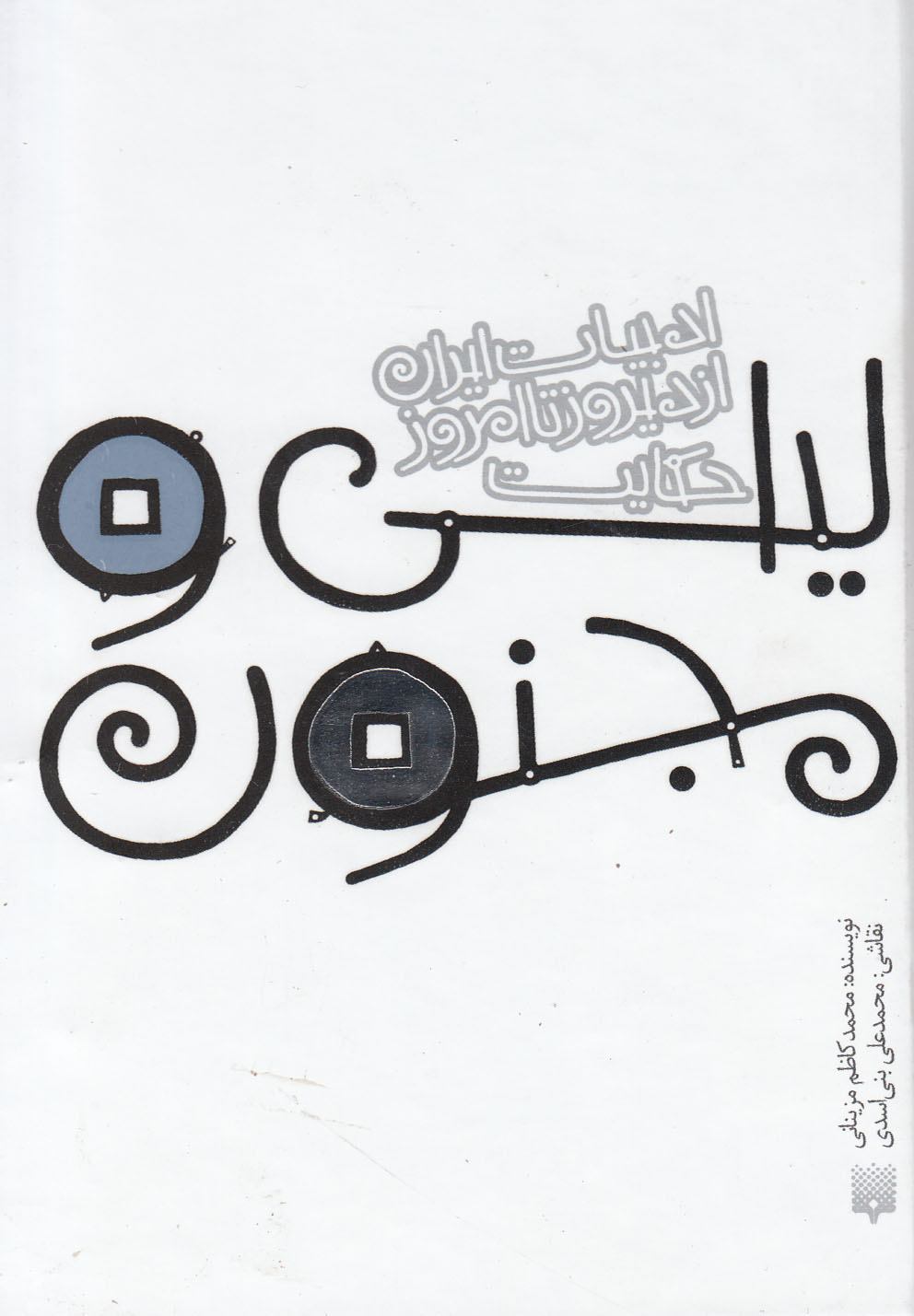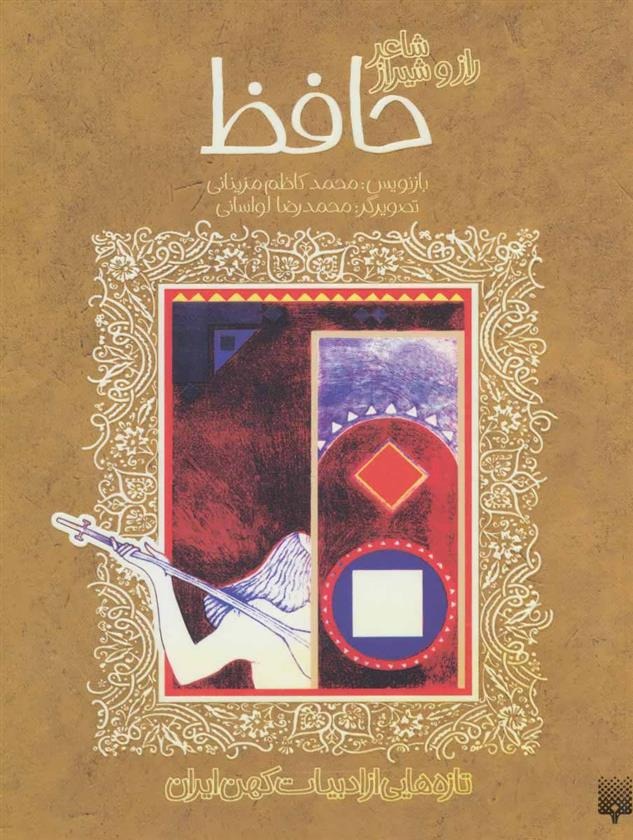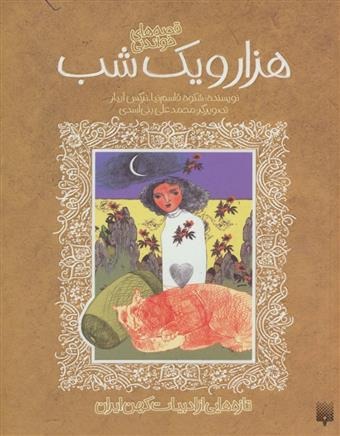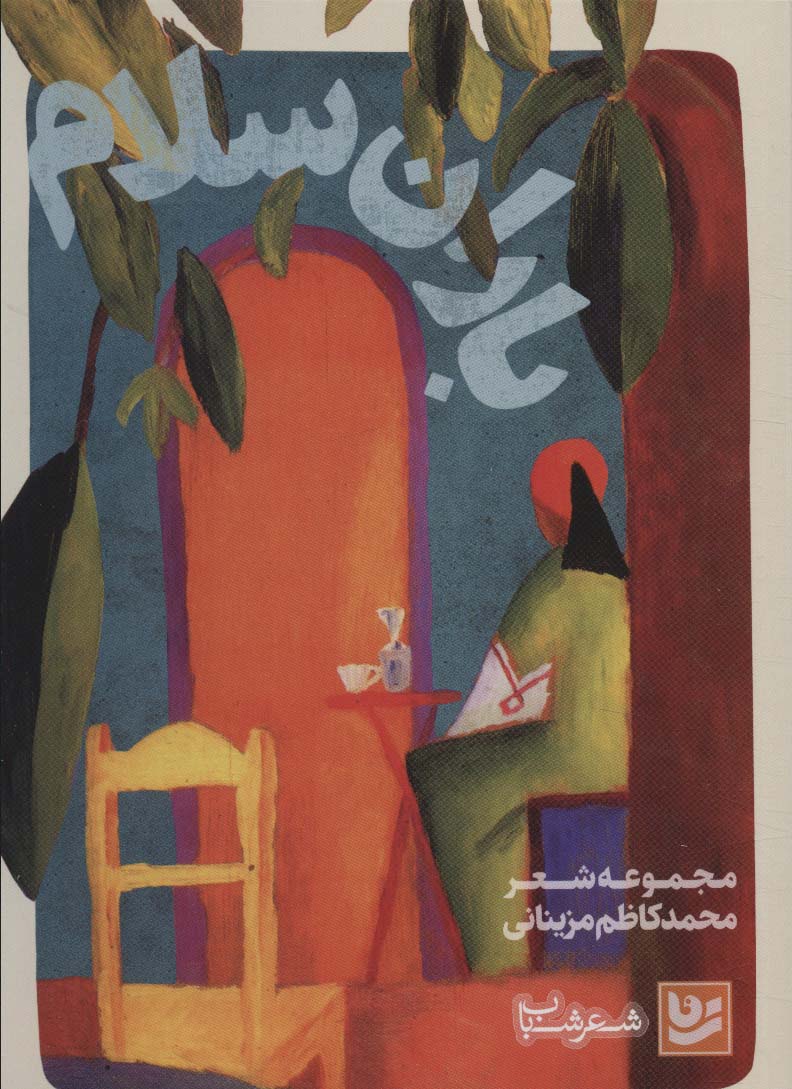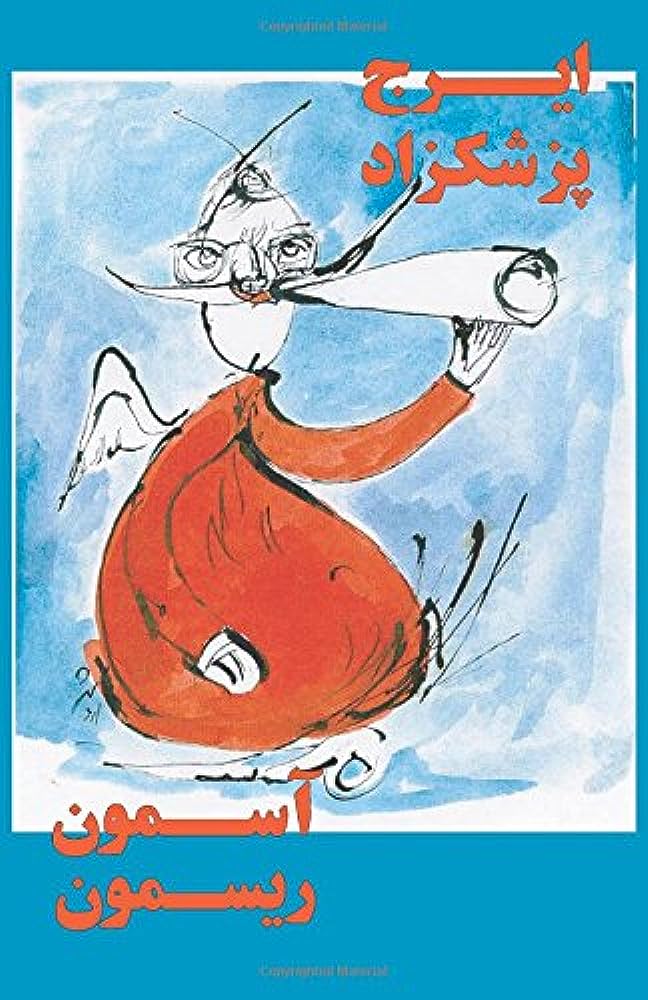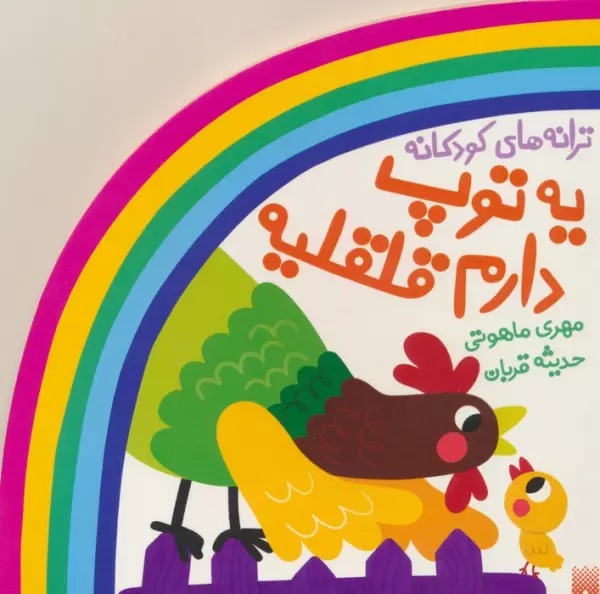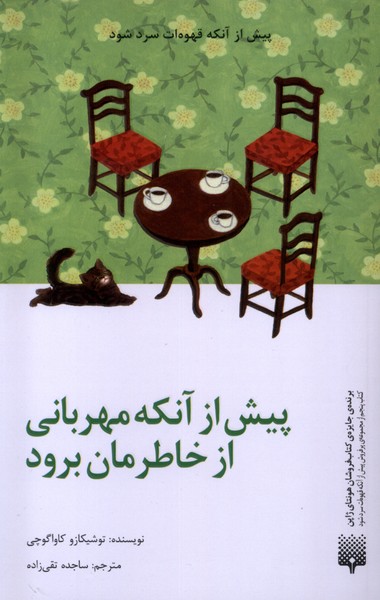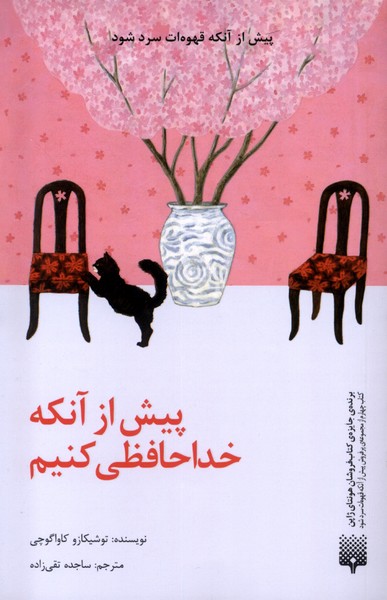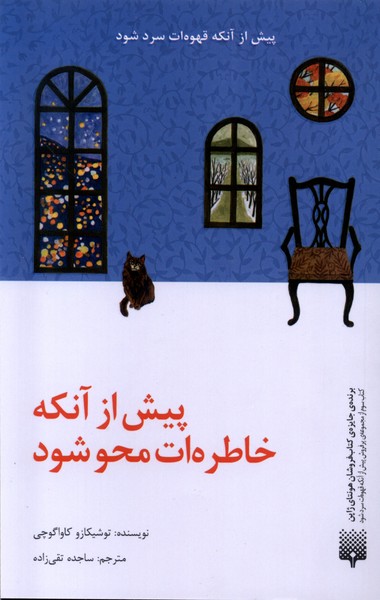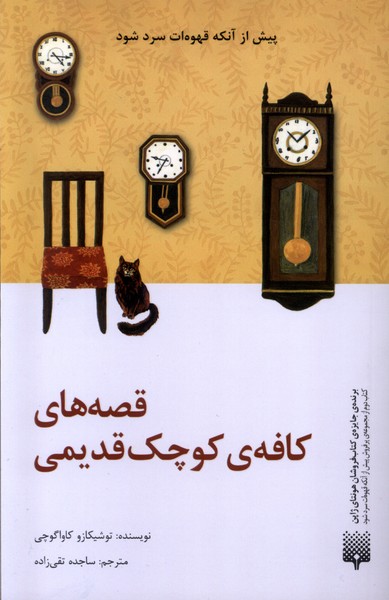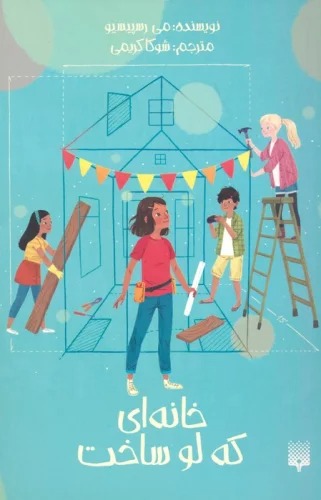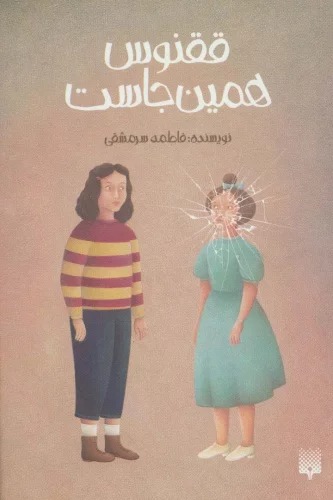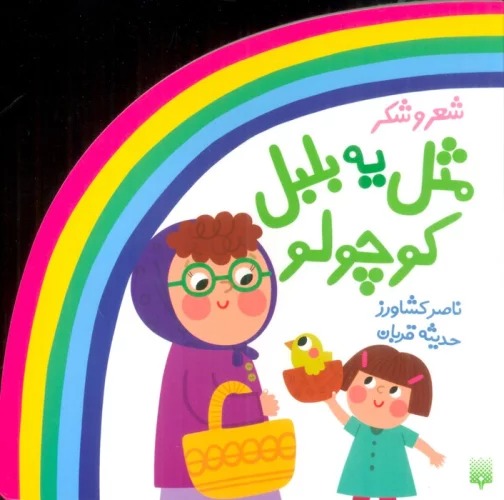Laylī va Majnūn (Tāzah'hā-yī az Adabīyāt-i Kuhan): Persian 2023
لیلی و مجنون (تازههایی از ادبیات کهن)
15.16 $
Share
Wishlist
Original Title:
لیلی و مجنون (تازههایی از ادبیات کهن)
ISBN:
9789646055896
Illustrator:
Muḥammd'alī Banī'asadī
Publisher:
Paydayish
Age Group:
Young Adult (12–18 years)
Pages:
216
Weight:
210 g
Dimensions:
14 x 21 x 2 cm
Book Cover:
Paperback
This book is from the collection of "Stories from Ancient Literature" written for teenagers. This office is dedicated to rewriting anecdotes from the poem "Lily and Majnoon". Laili wa Majnoon, Nizami Ganjavi's poem, is the third Masnawi of Khamsa, and most researchers consider the origin of this story to be derived from Arabic folk legends. Nizami composed this work in 4700 verses and at the request and insistence of Shervan Shah, the son of Manouchehr, King of Shervan, in four months.
more
کتاب حاضر از مجموعه «داستانهایی از ادبیات کهن» است که برای نوجوانان تألیف شده است. این دفتر به بازنویسی حکایتهایی از منظومه «لیلی و مجنون» اختصاص یافته است. لیلی و مجنون، سروده نظامی گنجوی، سومین مثنوی از مثنویهای خمسه است و بیشتر محققان اصل این داستان را برگرفته از افسانههای عامیانه زبان عربی میدانند. نظامی این اثر را در 4700 بیت و به درخواست و اصرار شروانشاه، پسر منوچهر، پادشاه شروان، در چهار ماه سرود.
more

